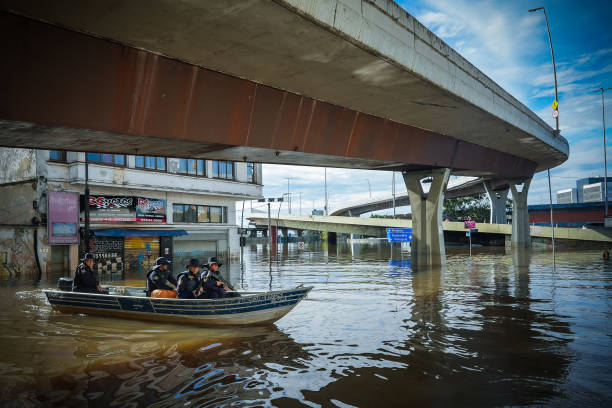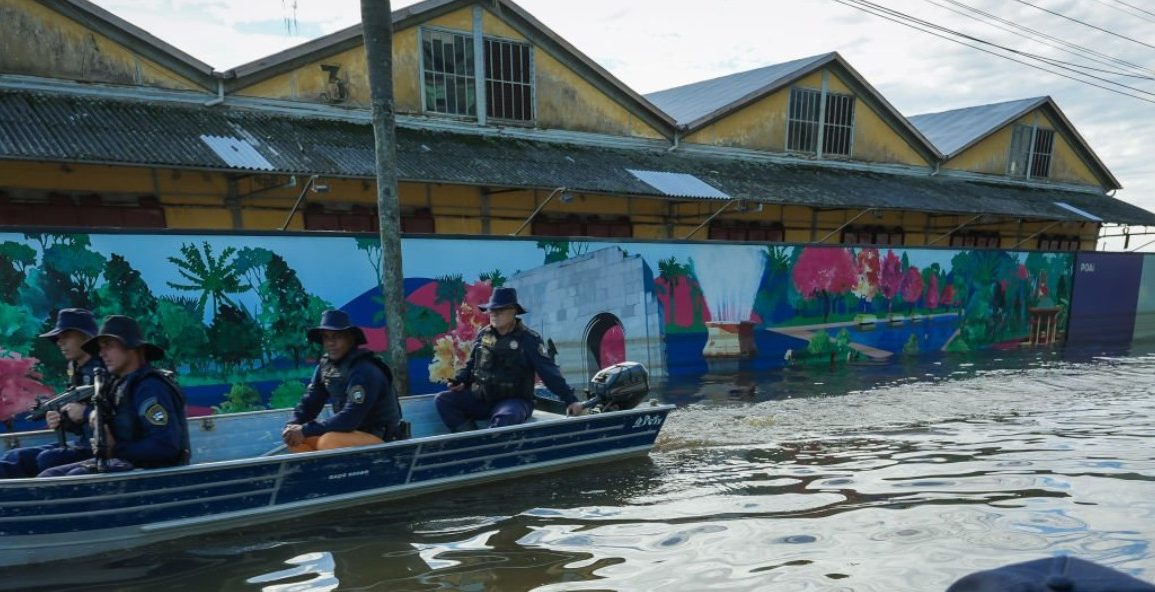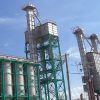In May 2024, the southern Brazilian state of Rio Grande do Sul was devastated by catastrophic floods, leaving more than two million people affected and over 420,000 displaced.
The city of Porto Alegre, along with its outskirts, was submerged under a deluge that turned streets into rivers, tearing through homes, businesses, and infrastructure.
Among the many affected was Alexandra Marina Romero, a mother of four who lost all her belongings. “What we went through was horrific. The water took over everything,” she recalls.
Six months later, while recovery efforts are ongoing, many still live in shelters, unable to return to their homes due to the extensive damage. The floods, which claimed 183 lives, have spurred a larger conversation about climate change’s impact on the region, with extreme rainfall increasing over the years.
In response to this environmental crisis, the state government has launched a Just Energy Transition Plan to mitigate future climate risks and boost economic recovery.

The plan includes the development of green hydrogen plants and offshore wind farms, marking a shift towards renewable energy sources like wind, solar, and biofuels.
This transition could not only revitalize the local economy but also provide jobs and a sustainable future for communities reliant on coal.
Despite the urgency of the energy transition, the road to recovery remains long.
Many families, like Kellen Lopes Costa’s, continue to rebuild their lives after losing everything.
Kellen, whose beauty salon was destroyed, sums it up: “It’s harrowing to lose all that we worked for, but we keep fighting to recover, for our children.”
As Brazil accelerates its renewable energy efforts, the people of Rio Grande do Sul remain determined to rebuild, balancing the need for climate resilience with immediate social support for those still reeling from the floods.

